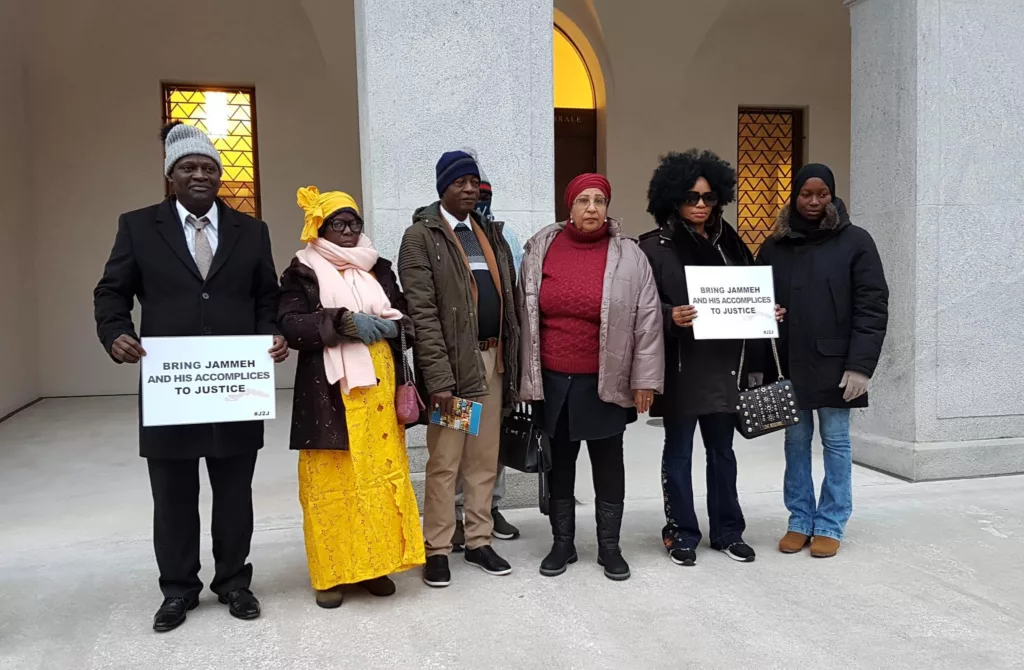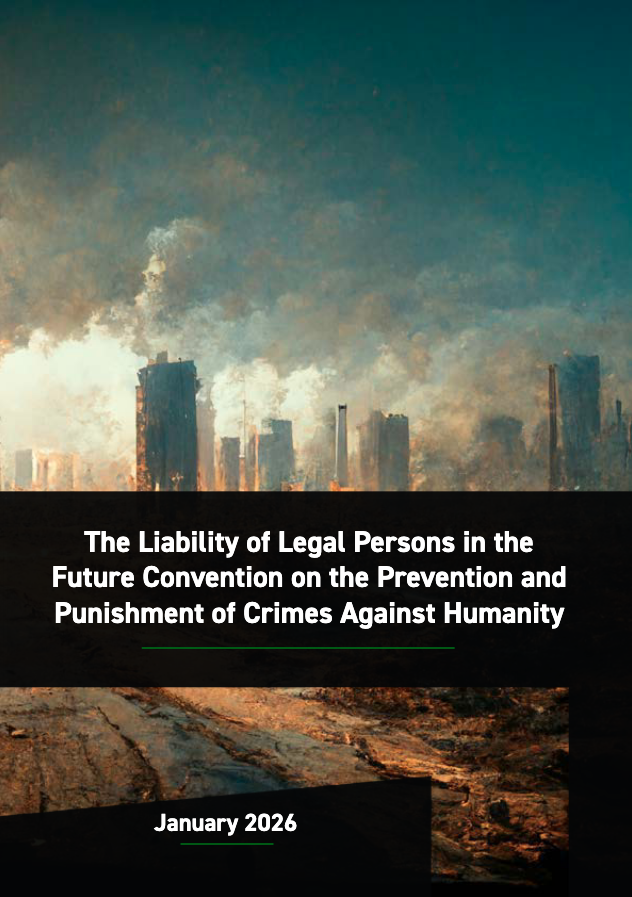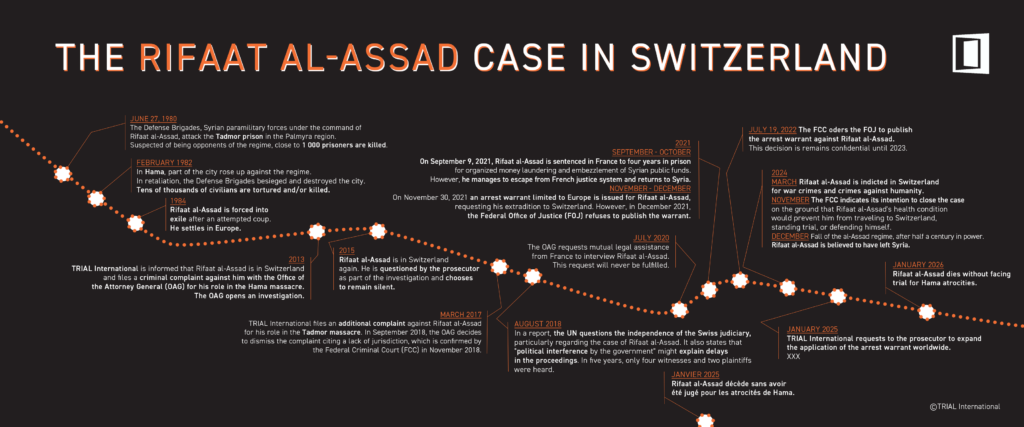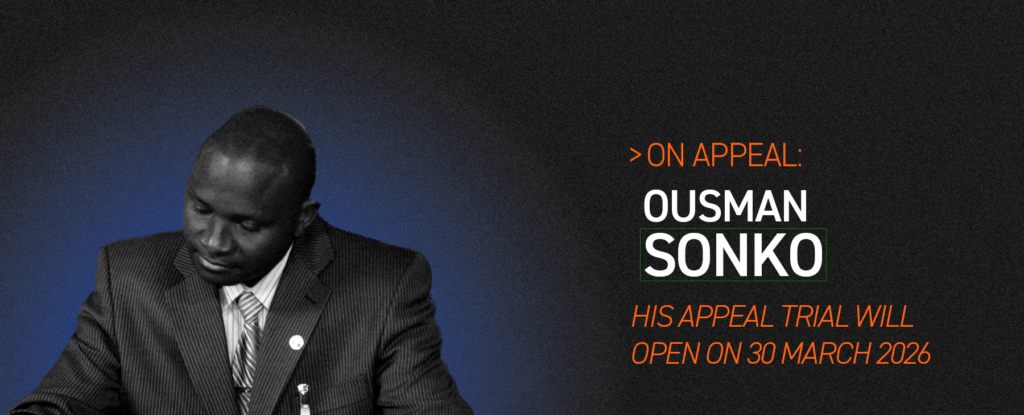Khaled Nezzar case: two plaintiffs take the case to the European Court of Human Rights
(Geneva and Strasbourg, 8 July 2025) – Two plaintiffs in the Khaled Nezzar case lodged a complaint with the European Court of Human Rights on Monday. They are asking for recognition of the denial of justice they suffered as a result of the slowness of the investigation, which was finally closed after the death of the accused.
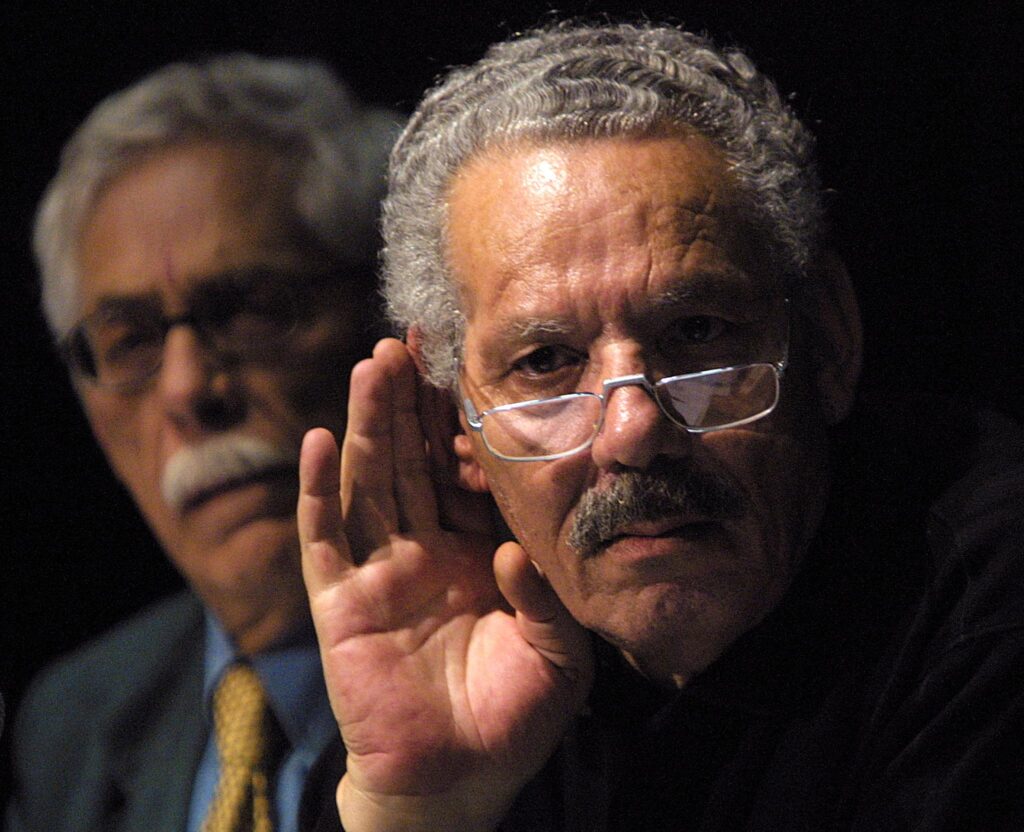
The criminal proceedings against the former Algerian Defense Minister, for war crimes and crimes against humanity committed in the 1990s, were opened in 2011 following a denunciation by TRIAL International. Back then, it was the first investigation in Switzerland of a high-ranking foreign military official for international crimes. Since then, the organization has played a central role in the fight against impunity for the most serious crimes, notably by accompanying victims and documenting the facts. The alleged crimes were committed in the context of the “black decade”, during which the armed forces under the authority of Khaled Nezzar were involved in large-scale acts of torture, extrajudicial executions and enforced disappearances.
The opening of such proceedings against one of the most powerful men in Algeria at the time, on the basis of the principle of universal jurisdiction, had been a major step forward in the fight against impunity. But it was not until 28 August 2023 that an indictment was filed. The accused died four months later, six months before his trial could take place, which had been scheduled for June 2024. As a result, the case was dismissed.
Despite an investigation that lasted 13 years – an agonizing wait for the victims – the appeals lodged by two plaintiffs for a finding of a violation of the principle of expeditiousness, constituting in their view a denial of justice, were rejected on 10 March 2025. The Complaints Court of the Federal Criminal Court found that, taken as a whole, the total duration of the proceedings was “significant” but still acceptable. Neither the long periods of unjustified inactivity, nor even the succession of five prosecutors in charge of the case were considered violations of the obligation to expedite.
Not having been able to participate in the trial of Khaled Nezzar, and hoping to obtain redress for the serious crimes they suffered, two plaintiffs, represented by Orlane Varesano and Sophie Bobillier and Sofia Vegas respectively, are now taking their fight to Europe’s highest court. They claim that Switzerland has violated their right to a fair trial, enshrined in Article 6 of the European Convention on Human Rights (ECHR), due to the excessive length of the proceedings and long periods of unjustified inactivity, even though the defendant’s advanced age and the seriousness of the facts under investigation should have necessitated a more diligent investigation.
“We denounce the organizational shortcomings and political interference in this case, which are documented in the file and demonstrate the lack of any real desire to prosecute Khaled Nezzar. After 13 years of proceedings, marked by 5 changes of prosecutor, the closure of the criminal proceedings has deprived our clients of access to a judge. The Swiss authorities’ failure to recognize the existence of a denial of justice was experienced by them as a new form of violence. Today, they have no choice but to take their case to the European Court of Human Rights, so that they can finally hope to be heard and have their suffering resulting from procedural inertia recognized.“
Orlane Varesano, Sophie Bobillier and Sofia Vegas, lawyers for the two plaintiffs
The absence of an effective remedy under Swiss law for a violation of the right to be tried within a reasonable time constitutes, in their view, a double violation of Articles 6 and 13 of the ECHR.
TRIAL International shares this analysis, and calls on the Swiss authorities to draw the consequences of this failure forthwith. In the interests of victims and survivors of atrocities, the organization calls for sufficient resources to be allocated to the Federal Public Prosecutor’s Office, and for structural measures to be taken to ensure that proceedings relating to international crimes are conducted within timeframes compatible with the requirements of the ECHR.

